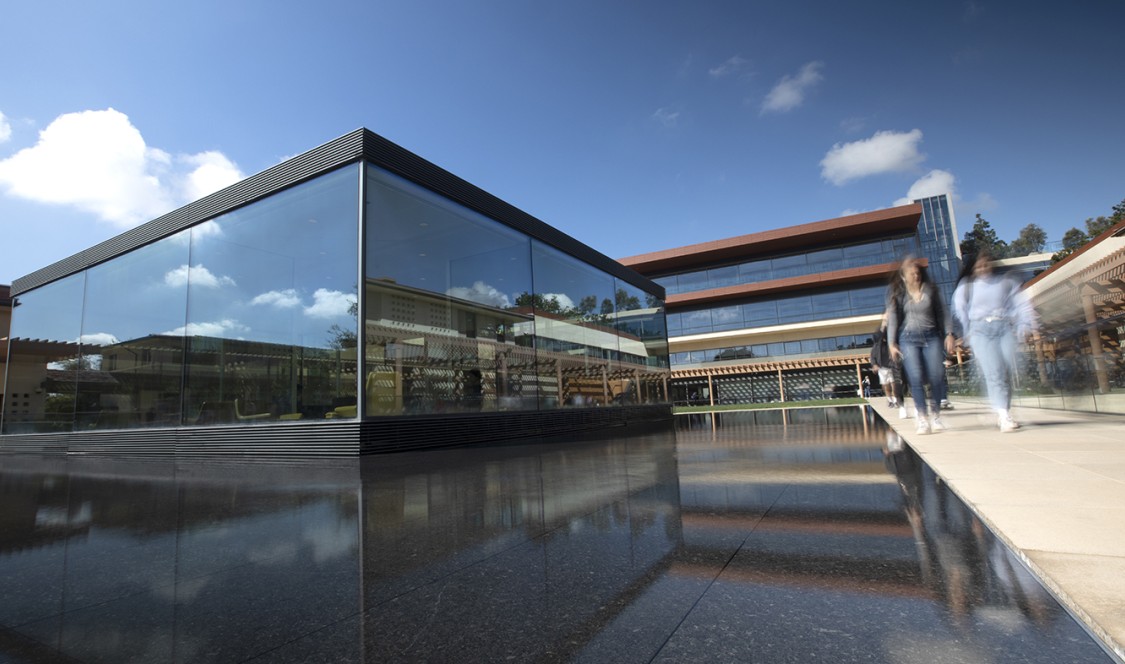At the beginning of each academic year, we announce and welcome the faculty members who are joining the Claremont McKenna College community. Read these short introductions to learn their fields of expertise and academic backgrounds.
New Assistant Professors
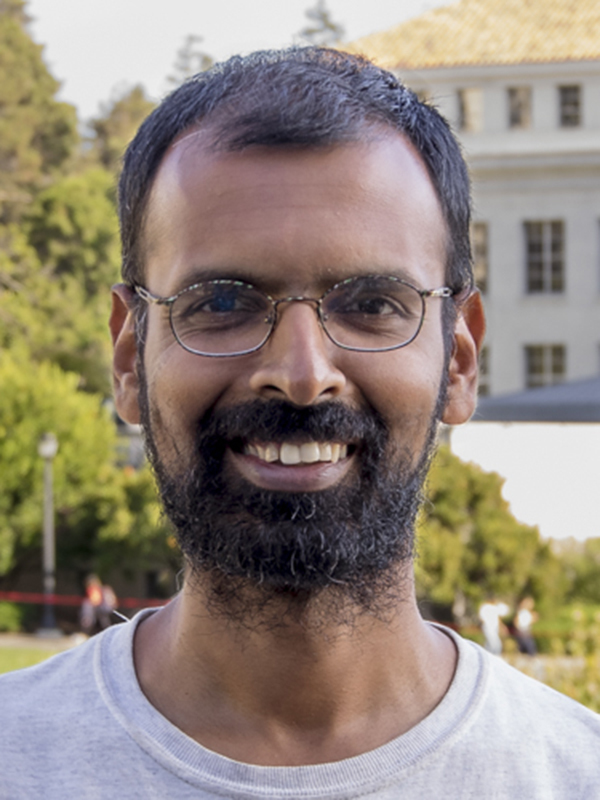
Gautam Agarwal, Assistant Professor of Neuroscience
Gautam Agarwal joins the Keck Science Department as an Assistant Professor of Neuroscience. He is interested in how experimental design and modeling can inform each other in unpacking the complexity of brain function. In one line of research, Agarwal analyzes brain waves recorded by hundreds of electrodes. While these waves were thought to be a blurry reflection of the underlying neuronal population, he finds conditions in which these waves carry surprisingly precise information about behavior. In another line of research, he has developed a game which he uses to study how people discover solutions to hard problems. He observes that humans display leaps of insight that distinguish them from current AI.
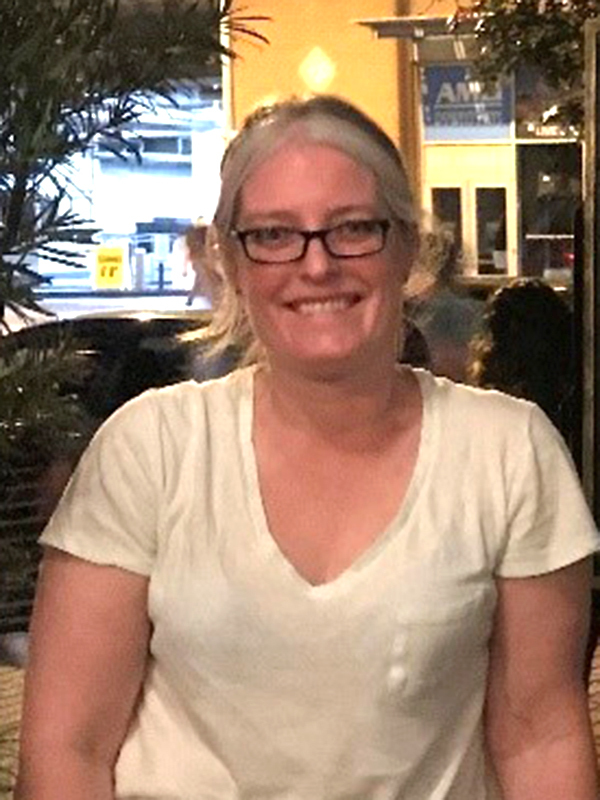
Bethany Caulkins, Assistant Professor of Chemistry
Bethany (Beth) Caulkins joins the Keck Science Department as an Assistant Professor of Chemistry. Her research background is in biophysical chemistry and the use of solid-state NMR to study biomolecular structure and enzymatic catalysis. Her postdoctoral work focused on the investigation of the structure of amyloid fibrils implicated in the progression of Huntington’s Disease and the mapping of binding sites of small molecules and antibodies to the huntingtin protein. In graduate school, Caulkins worked to understand the underlying mechanisms involved in catalysis for pyridoxal-5’-phosphate (PLP)-dependent enzymes, including teasing out chemical-level details of the active site environment needed to understand the role of acid-base chemistry in the reactions performed by PLP. Her lab in Keck will study the structure and function of biomolecules using both solution- and solid-state NMR, which will allow students to gain experience in the overexpression and purification of proteins and fundamental bio-NMR structural techniques.
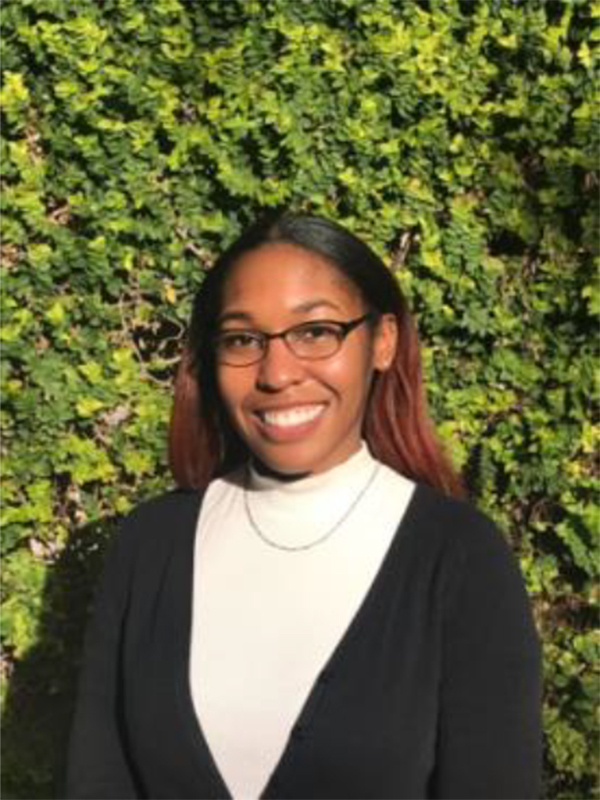
Sierra Williams, Assistant Professor of Chemistry
Sierra Williams joins the Keck Science Department as an Assistant Professor of Chemistry. Her research is at the interface of chemistry and biology, specializing in organic synthesis and protein engineering. Williams’ research interests currently focus on understanding and improving potential protein therapeutic to combat harmful bacteria. Her latest article in Biochemistry is titled, “Orthogonal Bioluminescent Probes from Disubstituted Luciferins.”
New Associate Professor
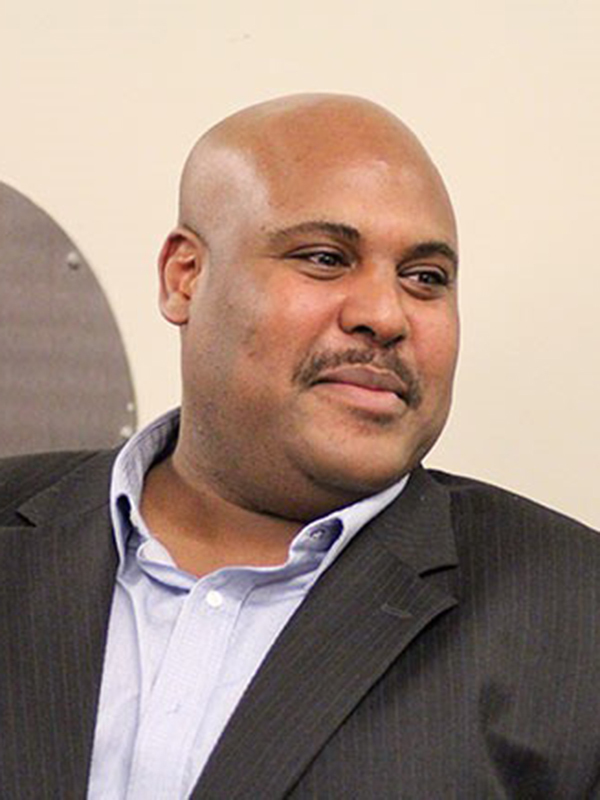
Michael Javen Fortner, Associate Professor of Government
Michael Javen Fortner joins the Government Department as an Associate Professor of Government. He is also a senior fellow at the Niskanen Center in Washington, D.C. His work studies the intersection of American political development and political philosophy—particularly in the areas of race, ethnicity, and class. Fortner is the author of Black Silent Majority: The Rockefeller Drug Laws and the Politics of Punishment (Harvard University Press, 2015). He’s currently finishing a book on the rise and fall of the New Deal coalition in New York City
New Full Professors

Ran Libeskind-Hadas, Founding Chair of Integrated Sciences Department
Ran (“Ron”) Libeskind-Hadas joins the Integrated Sciences Department as Founding Chair. He most recently served as the R. Michael Shanahan Endowed Professor of Computer Science at Harvey Mudd College. While there, Libeskind-Hadas jointly led the Core Revision Committee that was tasked with revising the college’s core curriculum, a challenge given the need to balance preparation for all majors, as well as establishing the broad foundations of a STEM-based liberal arts education. He was also one of the co-developers of the “CS For All” family of introductory courses at Harvey Mudd that sought to provide students with compelling and relevant exposure to various computing fields. Libeskind-Hadas currently serves on the Advisory Committee for the National Science Foundation’s Computer and Information Science and Engineering Division, and holds national leadership positions in the Computing Research Association, the Caltech Schmidt Academy of Software Engineering, and the Editorial Board of the Communications of the Association for Computing Machinery. Read more.
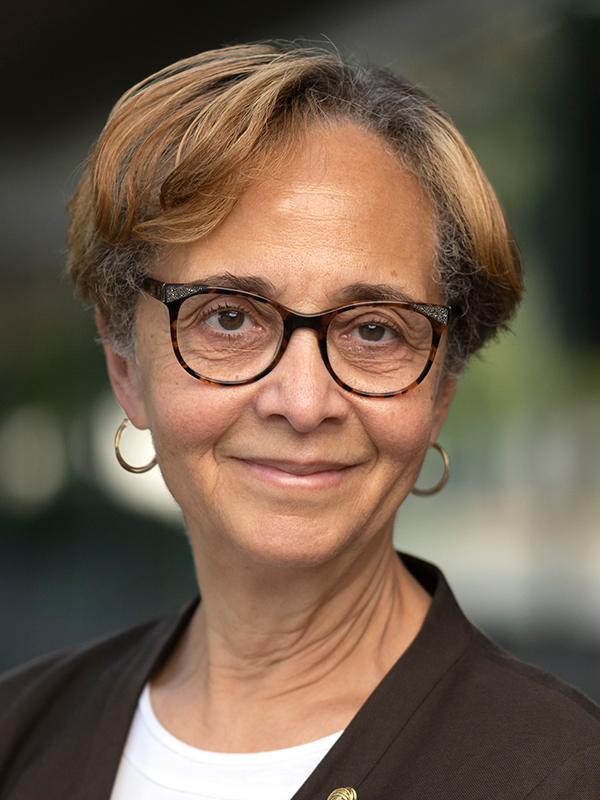
Muriel Poston, Vice President of Strategic Initiatives and Professor of Environmental Analysis
Muriel Poston joins CMC as the Vice President of Strategic Initiatives and the Integrated Sciences Department as a Professor of Environmental Analysis. She has a public policy focus to her science work and extensive decanal and academic leadership experience at Pitzer College, Skidmore College, and Howard University. Poston has held several leadership roles at the National Science Foundation, including Division Director in Biological Sciences and Division Director in Education and Human Resources. She has also served as a member of the National Academy of Sciences Board of Life Sciences and as a member and chair of the NSF Committee on Equal Opportunities in Science and Engineering. As a plant systematist and professor of environmental analysis, Poston has worked to support efforts to broaden the participation of underrepresented students and faculty in STEM disciplines. She also has sought to enhance the capacity and infrastructure of STEM facilities and, while a professor at Howard for 20 years, worked to develop the university’s environmental science program, and curated its herbarium. Read more.
New Full-Time Visiting Faculty
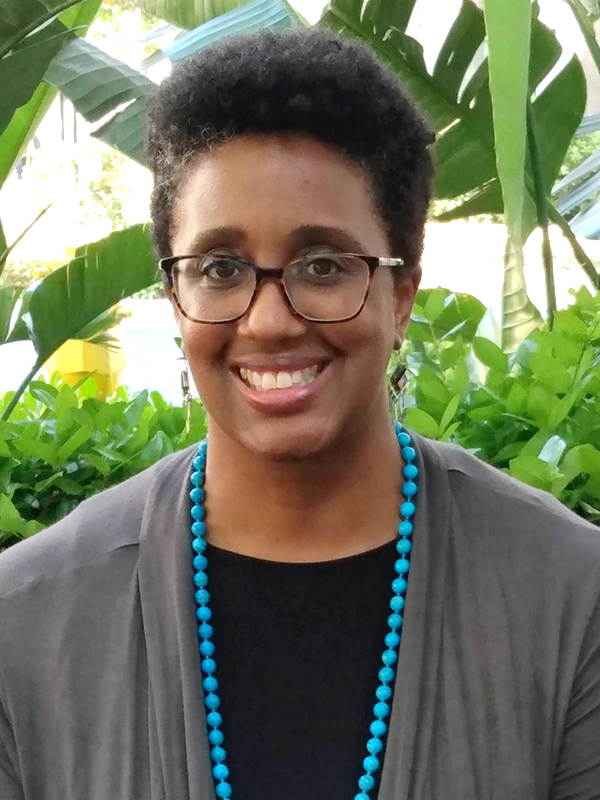
Dionne Bensonsmith, Visiting Assistant Professor
Dionne Bensonsmith joins the Government Department as a Policy Lab Fellow and Visiting Assistant Professor. She is a transdisciplinary scholar, researcher, reproductive justice activist, and children’s mental health advocate. Her areas of research include public policy, race and gender politics, mental health policy, Black feminist epistemologies, reproductive justice, and anti-racist/feminist research methodologies. Bensonsmith conducts research on Black women’s health, U. S healthcare and welfare policy, mental health policy, children’s and caregiver’s mental health justice, as well as consults and advises on research methods, ethics, and trauma-informed research protocols. In addition, she is the co-founder and co-director of Mothers on the Frontline, a nonprofit organization that uses anti-racist and feminist methods such as storytelling, ethnography, and participatory research to facilitate caregiver healing and children’s mental health justice. She is also a founding member of Interfaith Voices for Reproductive Justice (IVRJ), where she is the chair of their Institutional Review Board (IRB).
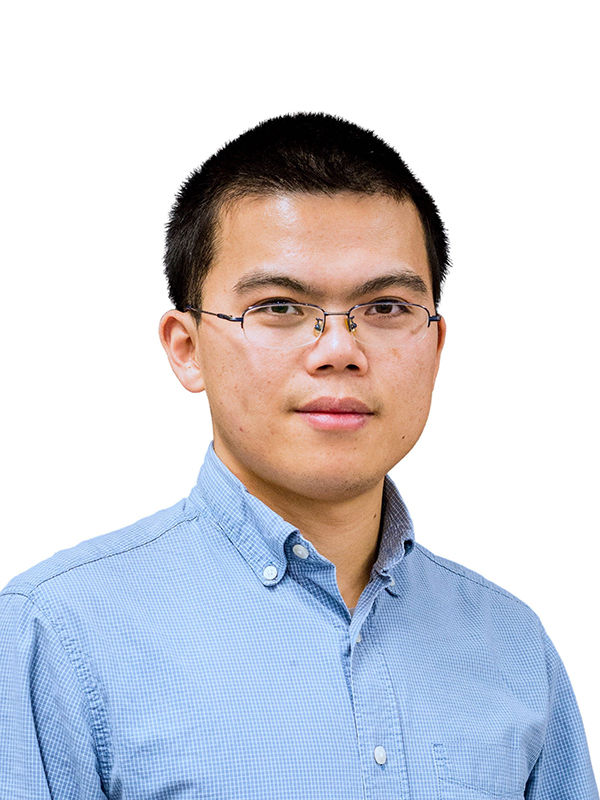
Yunhua Ding, Visiting Assistant Professor of Physics
Yunhua Ding joins the Keck Science Department as a Visiting Assistant Professor of Physics. His research focuses on theoretical studies of spacetime symmetries, the foundation of Einstein’s theory of relativity, with primary interest in testing Lorentz and CPT symmetries in precision experiments. Ding’s recent work explored possible Lorentz- and CPT-violating signals in experiments comparing fundamental properties, such as charge-to-mass ratios and magnetic moments, between particles and antiparticles using Penning traps. Currently, he is studying possible Lorentz- and CPT-violating effects in experiments searching for nonzero electric dipole moments.

Franck Fu, Visiting Assistant Professor of Chemistry
Franck Fu joins the Chemistry Department as a Visiting Assistant Professor. He specializes in atmospheric chemistry. His research addresses air pollution in rural and urban areas, focuses on chemical composition (i.e., heavy metals) and source apportionment of PM10 and PM2.5. His current project assesses the air pollution changes during the COVID-19 lockdown in the world and in California. Fu uses statistical analysis to study the impact of mobility restriction, local policy and weather conditions on air quality. Another project focuses on the impact of heavy metals from road traffic on plants at BFS.
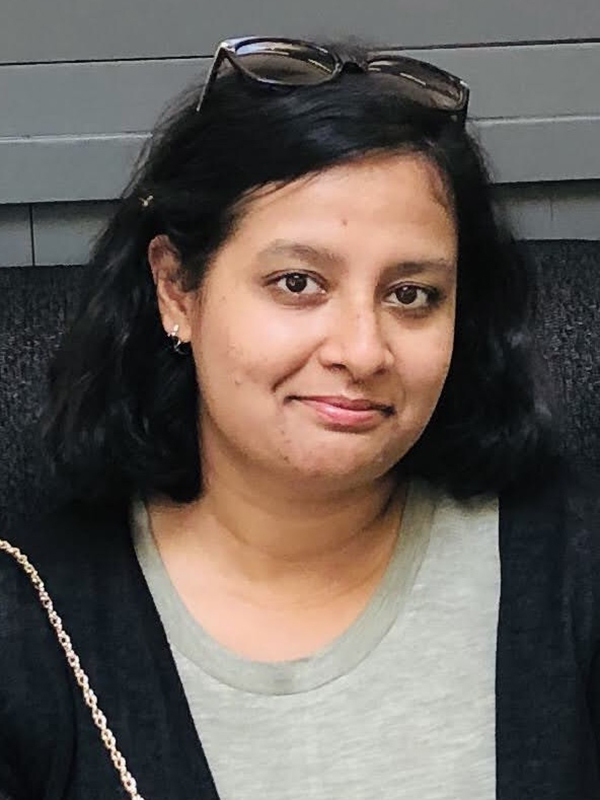
Suryatapa Ghosh Jha, Visiting Assistant Professor of Biology
Suryatapa (Sury) Ghosh Jha joins the Keck Science Department as a Visiting Assistant Professor of Biology. Her research interests center on characterizing cellular mechanisms that are essential for plant development in response to their biotic and abiotic environment. Under this broader realm, Jha’s most current research focuses on characterization of cell-periphery associated proteins in model plant Arabidopsis thaliana. Her goal is to address how to use fundamental plant cell biology research in developing tools to mitigate pertinent global challenges involving climate change and agricultural sustainability. She is an NSF-RCN committee member of the Plant Cell Atlas, an initiative to comprehensively map proteins at subcellular and cellular resolution and integrate this data to generate testable models of cellular function.
Gail Gottfried, Visiting Associate Professor
Gail Gottfried joins the Psychological Science Department as a Visiting Associate Professor. Earlier in her career, she focused primarily on language and cognitive development in preschool children. In more recent years, Gottfried has been more focused on best practices in undergraduate education, in particular in research methods and statistics for psychology students. With grant support from the National Science Foundation, and in collaboration with several of the big textbook companies, she has spent most of the last 15 years working in the development of multimedia-based course materials that span the psychology, child development, and teacher education disciplines, as well as teaching part-time at the Claremont Colleges.
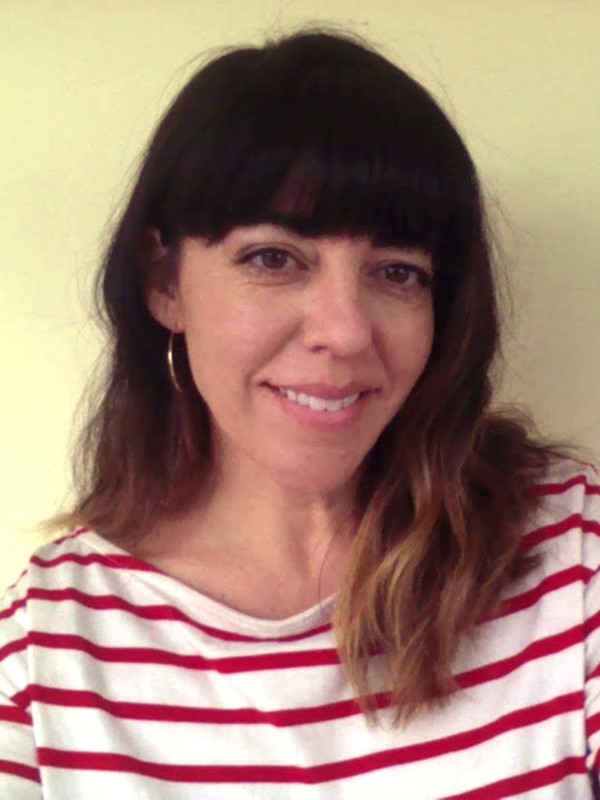
Romina Green Rioja, Visiting Assistant Professor in Latin American History
Romina Green Rioja joins the History Department as a Visiting Assistant Professor in Latin American History. Her research interests include examining structural racism in modern Chilean history and identifying settler-colonial policies that displaced the indigenous Mapuche. Her current work explores the relationship between state education, immigration policies, and the spread of agrarian capitalism in late 19th-century Chile. Rioja also researches topics in gender history and historical memory.
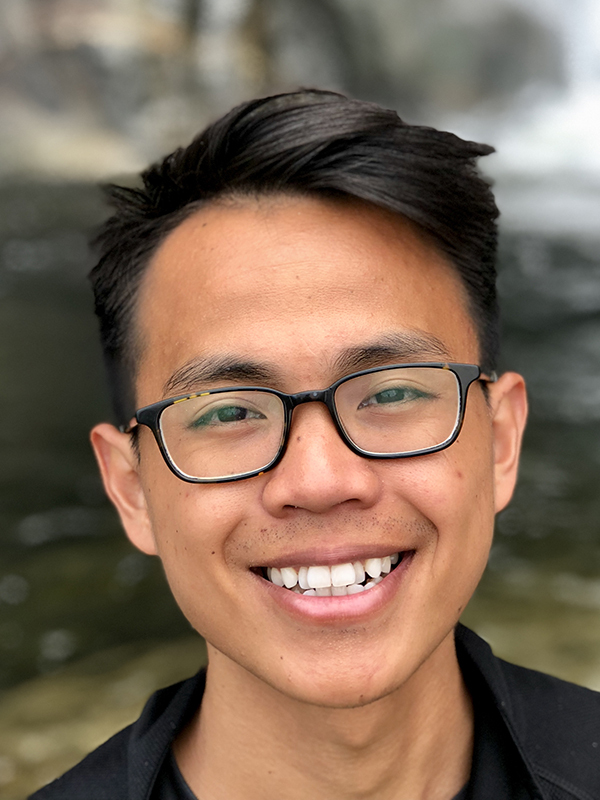
Mioy Huynh, Visiting Assistant Professor of Chemistry
Mioy Huynh joins the Keck Science Department as a Visiting Assistant Professor of Chemistry. His research background is in theoretical and computational chemistry. More specifically, his work has focused on proton-coupled electron transfer reactions in bio-inspired catalysis and the application of density functional theory on transition metal complexes. Most recently, Huynh taught at Yale University and was involved in the development of STEM enrichment programs for students from under-served communities.
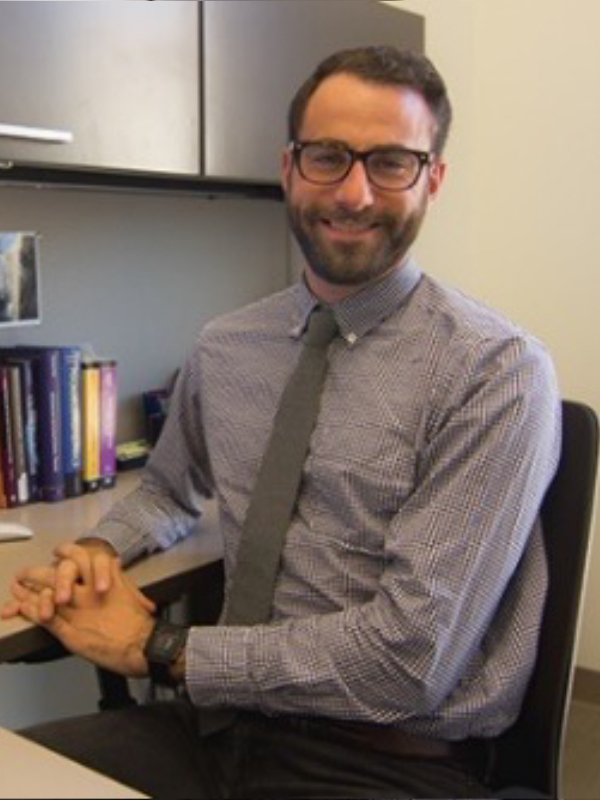
Philip Luck, Visiting Assistant Professor of Economics
Philip Luck joins the Robert Day School as a Visiting Assistant Professor of Economics. Prior to joining CMC, he was an Assistant Professor of Economics in the Department of Economics at the University of Colorado Denver. Luck’s research examines the impacts of international trade, migration, and technology on workers, firms, labor markets, and aggregate welfare, by combining economic theory, econometric methods, and the use of a wide variety of survey and administrative data. Within this broad research agenda, he has focused on three specific areas. First investigating the effect of trade on the structure of firms, demand for skills, aggregate labor market dynamics, and welfare. Second, how immigration impacts firm creation, the structure of production, and labor market outcomes for both citizens and immigrants. Lastly, how the adoption of technology impacts skills demand by firms and causes labor market polarization over the business cycle. He earned a B.A. in Economics from the University of Massachusetts Amherst and a Ph.D. in Economics from the University of California, Davis.
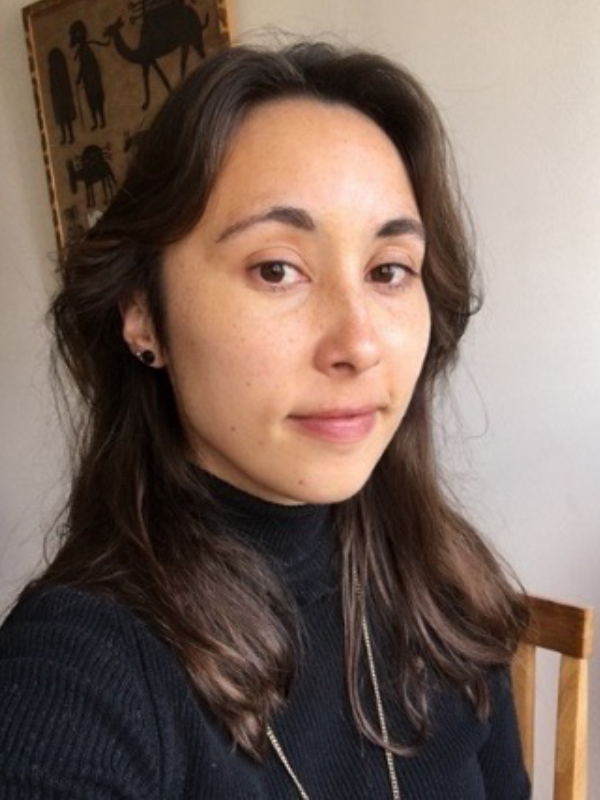
Elizabeth Matsushita, Visiting Assistant Professor of History
Elizabeth (Liz) Matsushita joins the History Department as a Visiting Assistant Professor of History. She received her Ph.D. from the University of Illinois in 2021, and her specializations include North African and Middle Eastern history, empire, colonialism, and decolonization, race and ethnicity, intellectual and cultural histories, and music. Matsushita’s research has focused on the ways that music and musicology became strategic instruments of colonial control and forms of racialized knowledge production in North Africa from the late 19th to mid-20th centuries. Her new project will examine the development of political and racial discourse in post-colonial Morocco and how diplomacy, tourism, and festival culture both consolidated and problematized a notion of racialized Moroccanness, notably through shifting engagements with African and Amazigh traditions and identities.
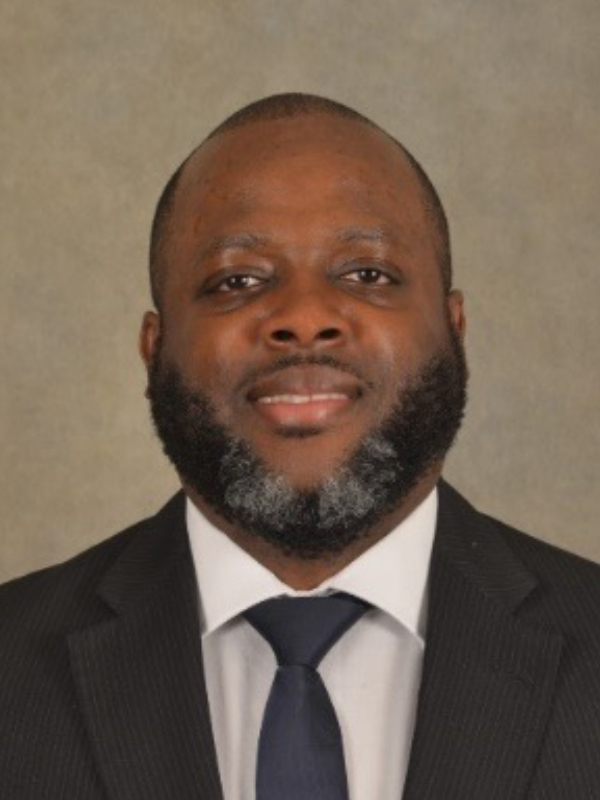
Troy Mills, Visiting Instructor of Religious Studies
Troy Mills joins the Religious Studies Department as a Pre-Doctoral Fellow of Religious Studies and Visiting Instructor of Religious Studies. His research program focuses on 20th-century and contemporary African-American religious history and African diaspora religions in the Black Atlantic world. Mills is especially interested in Islam in the United States; Rastafari in Jamaica; interactions between Black Atlantic religions and popular music—reggae and hip hop; Black nationalism and religion; African-American religion and human rights; ethnography; urban religious experience; and globalization and transnationalism.
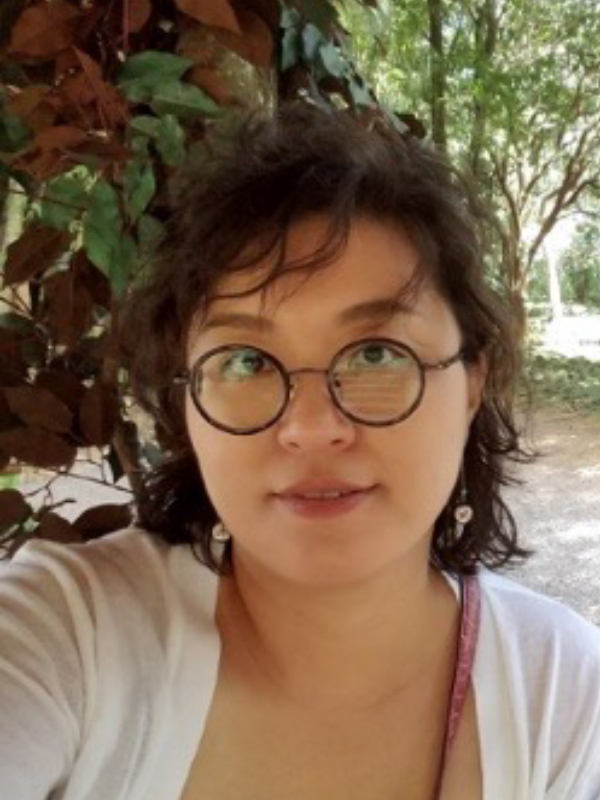
Sooran Pak, Visiting Instructor of Korean
Sooran Pak joins the Modern Languages and Literatures Department as a Visiting Instructor of Korean. Her research interests are in Korean linguistics and Korean language education, and she has a rich background in teaching English and Korean in Korea and in the United States. Specifically, Pak has studied syntactico-semantic and pragmatic properties of Korean, and her current work examines the Korean passive construction, giving a special spotlight to its diverse facets and the resulting pedagogical implications. She is an active member of the American Association of Teachers of Korean (AATK).
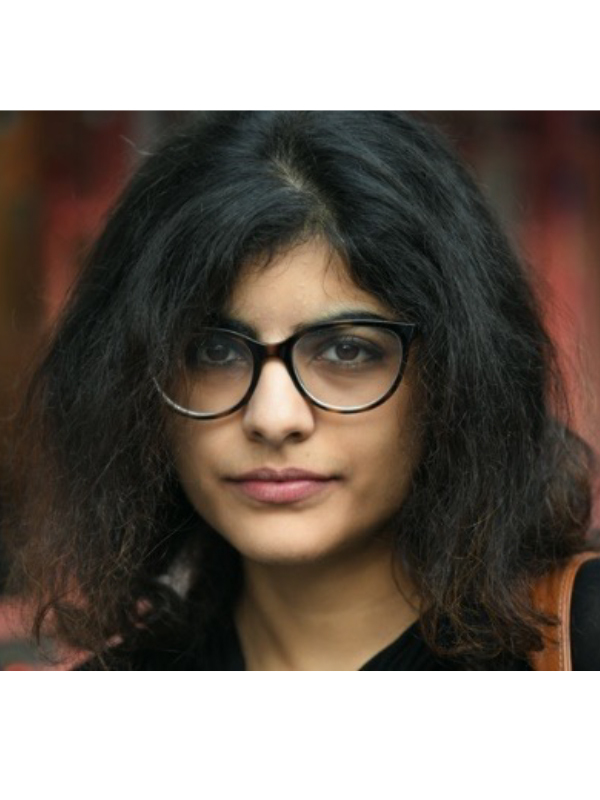
Ahona Panda, Visiting Assistant Professor of History
Ahona Panda joins the History Department as a Visiting Assistant Professor of History. Her research and teaching interests span the history of philology, print and book history, the history of political movements, working-class histories, gender and sexuality studies, world literatures, and critical theory. Panda’s book project examines Hindu-Muslim relations in modern Bengal through cultural and political histories of language. By outlining these linguistic communities, she destabilizes the idea that the nation-state was inevitably seen as the end of all political life. She is also interested in archiving/cataloguing, Sanskrit literature, writing fiction, and translating from Bengali to English.
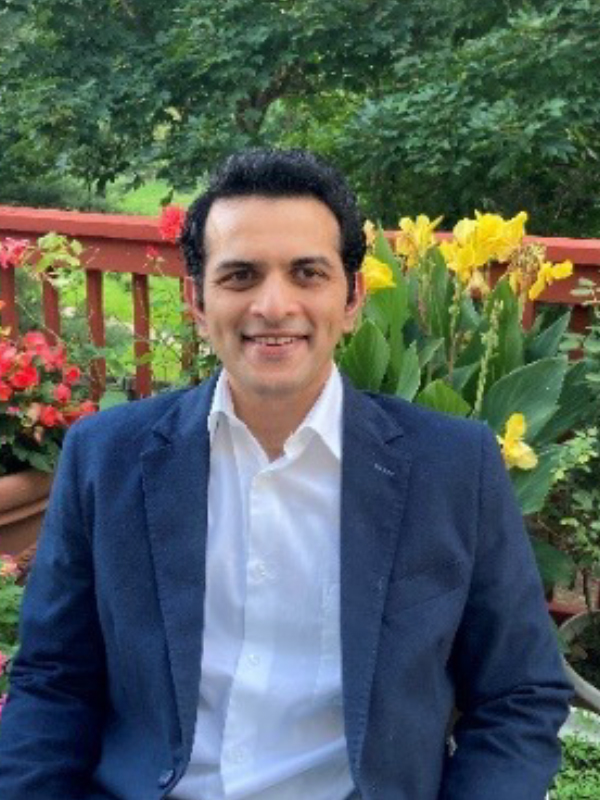
Jay Ramesh, Visiting Assistant Professor of Religious Studies
Jay Ramesh joins the Religious Studies Department as a Visiting Assistant Professor of Religious Studies. As a scholar of Sanskrit and Tamil literature, his research focuses on devotional narrative poetry from medieval and early modern South India. More specifically, Ramesh examines the manner in which shrines, cities, and their surrounding landscapes are eulogized by poets in both of those languages, and on the importance of the collective memory of a mythic past in the experiences of devotees visiting those sacred spaces. His current research focuses on the religious importance of river landscapes in premodern Tamil Nadu and on the consequences of environmental degradation faced by Hindus in that region today.
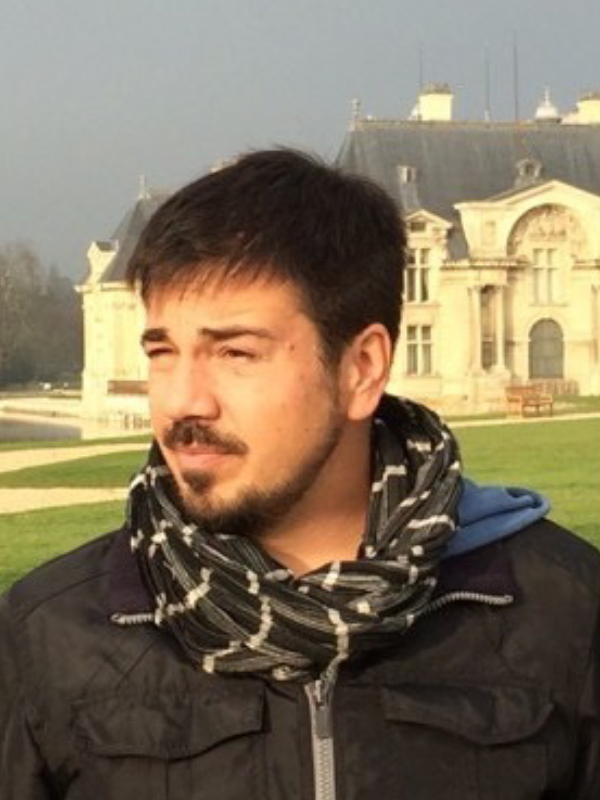
Benjamin Schlau, Visiting Assistant Professor of Biology
Benjamin Schlau joins the Keck Science Department as a Visiting Assistant Professor of Biology. He is a plant community ecologist whose research focuses on how positive interactions among native plants of Southern California can increase resistance to invasion for the greater biological community. In particular, Schlau’s research has identified a novel, physiologically based form of plant facilitation leading to stable coexistence between two long-lived dominant shrubs. He also studies the impact of wildfires on plant-soil interactions with invasive plants. His current work is forthcoming in Oikos and Biological Invasions. He holds a Ph.D. in Ecology and Evolutionary Biology from UC Irvine.
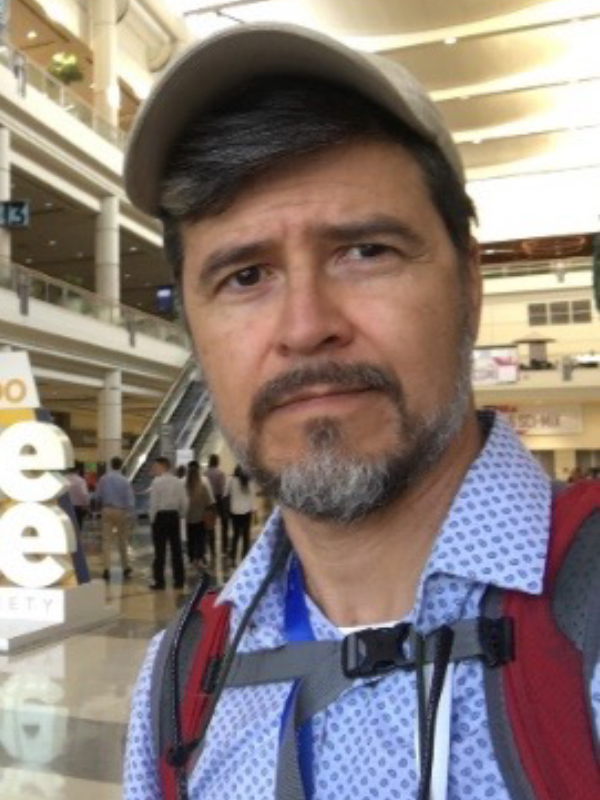
Santiago Sandi-Urena, Visiting Professor of Chemistry
Santiago Sandi-Urena joins the Keck Science Department as a Visiting Professor of Chemistry. Sandi-Urena conducts research in Chemical Education from the disciplinary perspective. This relatively new area of inquiry focuses on understanding and improving teaching and learning of chemistry. Two lines of the Sandi-Urena group’s undergraduate research are: (1) learning through experimentation (in the lab and away from the lab), and (2) the relationship between learning environment and type of chemical mental representations built by individuals. Their work is not descriptive in nature, but fundamentally explanatory. For instance, given that the qualities of the mental representations limit the sophistication of the cognitive processes or mental procedures that produce thought and action, they seek to understand what aspects of the chemistry learning environment promote the sophisticated encoding of information that allows sophisticated reasoning. While chemistry education research work requires a deep disciplinary understanding, methods and theoretical frameworks from education and social sciences are foundational. They utilize qualitative, quantitative, and mixed-methods in their research.
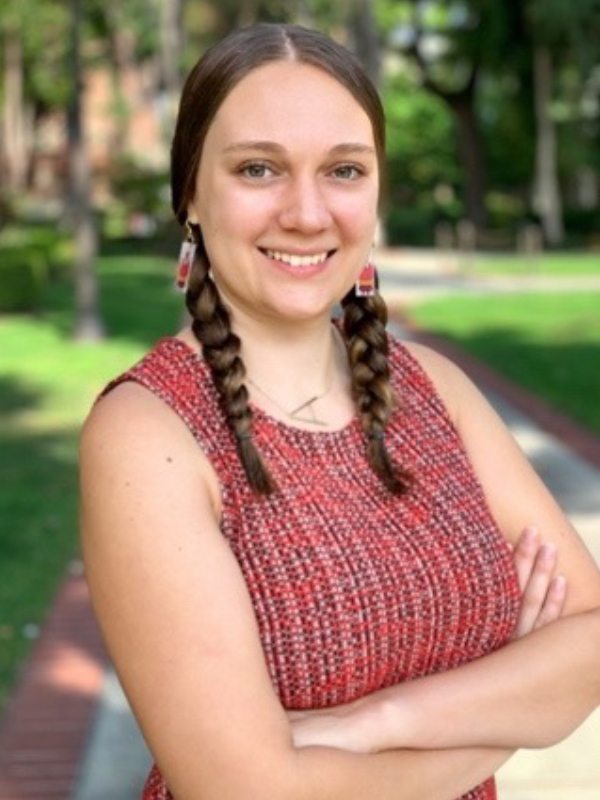
Ariel Vaughn, Visiting Assistant Professor of Chemistry
Ariel Vaughn joins the Keck Science Department as a Visiting Assistant Professor of Chemistry. Her past research focused primarily on understanding the relationship between the structure of a material and its properties using spectroscopic techniques including FTIR, Inelastic Neutron Scattering, and Sum Frequency Generation Spectroscopy. Vaughn’s current research has shifted to the world of chemical education where she is interested in changing how students perceive chemistry in the world around them.
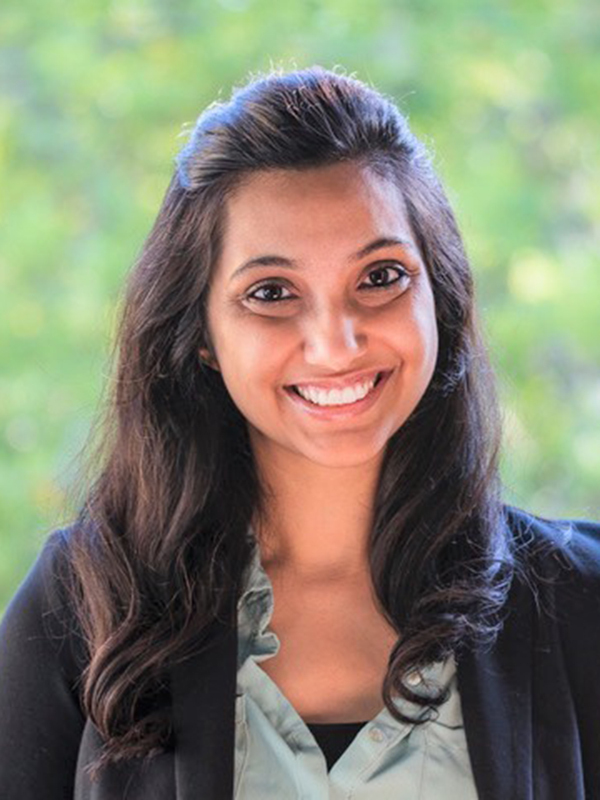
Aditi Vyas, Visiting Assistant Professor of Biology
Aditi Vyas joins the Keck Science Department as a Visiting Assistant Professor of Biology. Her research interests lie in using cellular and genetic analysis to identify molecular players that affect the cancer phenotype (uncontrolled cell division). Vyas’ current work as a part of Prof. Zhaohua Tang’s NIH-supported research, aims to examine this through a bipartite investigation, using fission yeast as the model organism. One prong of the research focus is on dissecting the effects of two protein kinases (Dsk1 and Kic1) on cell division. The aim is to identify the molecular targets of these protein kinases and investigate the specific functions of these targets on cellular division. A slightly different but parallel investigation utilizes a growth-fitness based genomic screening assay as the tool to identify genes that are involved in the cellular response to anti-cancer agents. The results from both these investigations would not only help better understand the molecular players and cellular pathways involved in human cancer development but also provide insight into the targets of anti-cancer drug treatment and resistance.
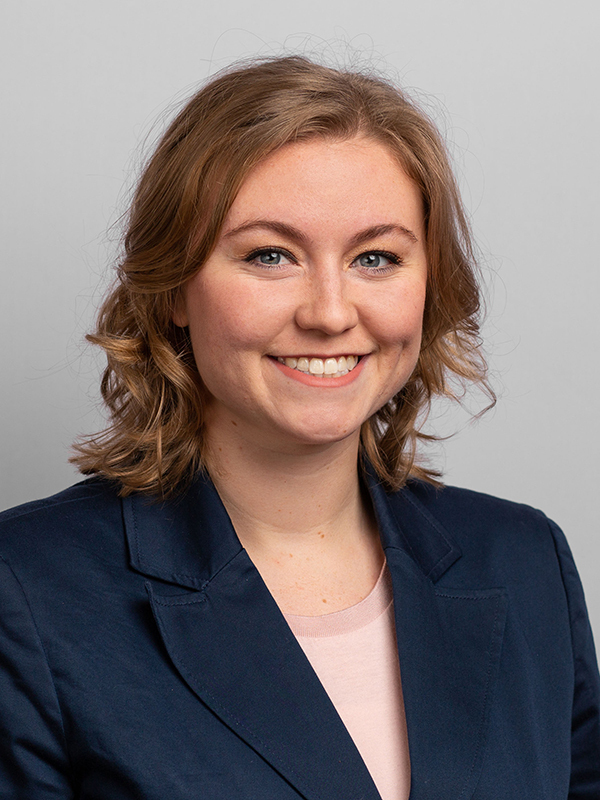
Kaitlyn Woltz, Visiting Assistant Professor of Economics
Kaitlyn Woltz joins the Economics Department as a Visiting Assistant Professor of Economics. Her research focuses on the criminal justice system. Her primary project examines prison journalism in North America, asking how prisoners can influence criminal justice reform and prison governance through their writings. In this work, she leverages qualitative methods to answer comparative institutional questions. Woltz also has papers examining other aspects of the criminal justice system, including the movement to defund police, prison gangs, and the labor market outcomes of those impacted by the criminal justice system. She is also involved in a history of thought project examining the work of economist Frank H. Knight.
New Part-Time Visiting Faculty
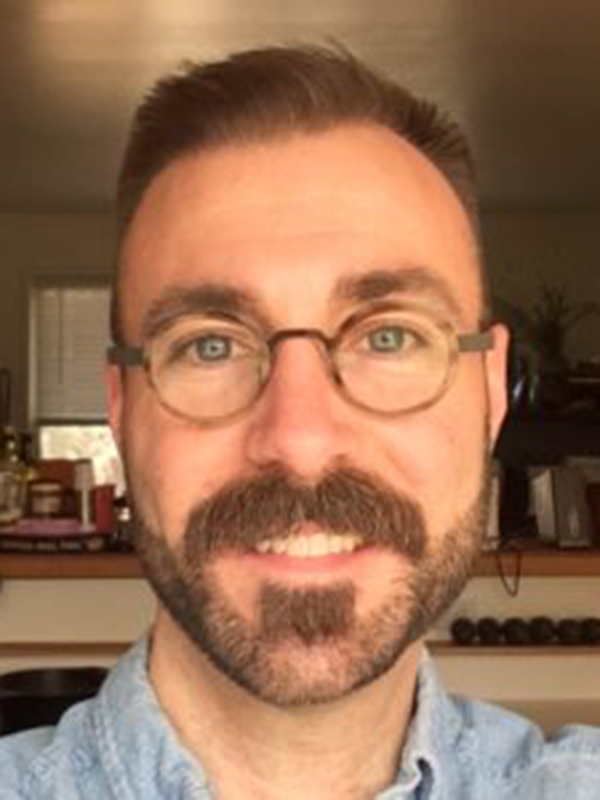
Joseph Frigault, Visiting Assistant Professor of Philosophy
Joseph Frigault joins the Philosophy Department as a Visiting Assistant Professor of Philosophy. His research is in social and political philosophy and critical philosophy of race, particularly issues relating to political responsibility, group-based injustice, and how best to capture and render salient the moral and political significance of the past. Frigault’s dissertation articulates and defends a new empirically informed approach to the political problem of Black reparations in the United States that finds new work for the normative principle of fair play. He is also interested in feminist philosophy, metaethics, the philosophy of science, and in pragmatism and the American philosophical tradition more broadly.

Adam Jones, William F. Podlich Distinguished Fellow
Adam Jones joins the History Department as a William F. Podlich Distinguished Fellow. He is a Professor of Political Science at the University of British Columbia and one of the world's leading experts on the global history of genocide and crimes against humanity. Jones is the author of the most widely used textbook in comparative genocide studies, Genocide: A Comprehensive Introduction (3rd edition, Routledge). He was selected to be included in Fifty Key Thinkers on the Holocaust and Genocide (Routledge, 2010), the second youngest scholar to be so recognized. From 2011 to 2015, he was contracted by the United Nations Special Adviser on the Prevention of Genocide to co-lead seminars on genocide prevention, traveling to Bosnia, Montenegro, Serbia, Switzerland, the United States, Indonesia, and Thailand. Jones specializes in gender and international politics, mass media, and democratization and has published 15 books since 2002.
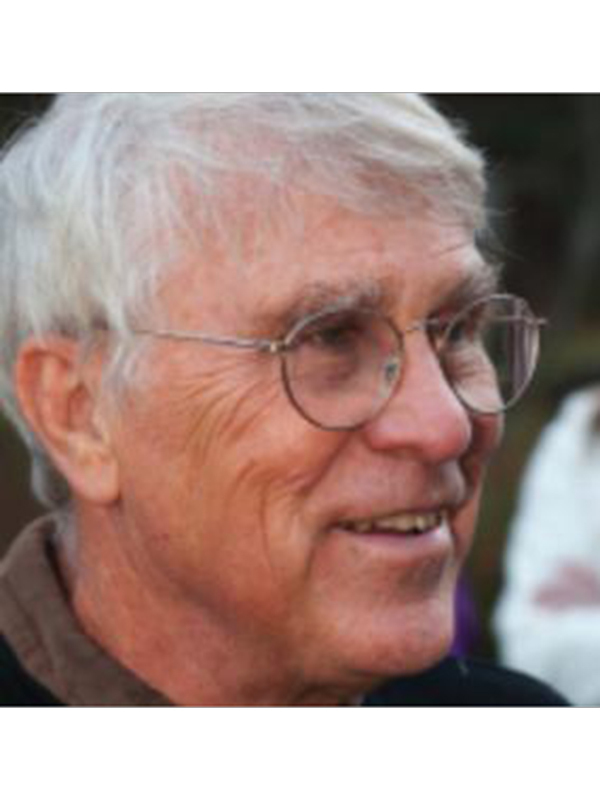
Mark Juergensmeyer, William F. Podlich Distinguished Fellow
Mark Juergensmeyer joins the Religious Studies Department as a William F. Podlich Distinguished Fellow and Visiting Professor of Religious Studies. He is the founding director of the Orfalea Center for Global and International Studies, Professor of Sociology, and Affiliate Professor of Religious Studies at the University of California, Santa Barbara. Juergensmeyer is an expert on religious violence, conflict resolution and South Asian religion and politics, and has published more than two hundred articles and 20 books, including the co-authored God in the Tumult of the Global Square: Religion in Global Civil Society. His widely-read Terror in the Mind of God: The Global Rise of Religious Violence is based on interviews with religious activists around the world, including Jihadi activists, ISIS supporters, leaders of Hamas, and abortion clinic bombers in the U.S. The book was listed by the Washington Post and the Los Angeles Times as one of the best nonfiction books of the year.
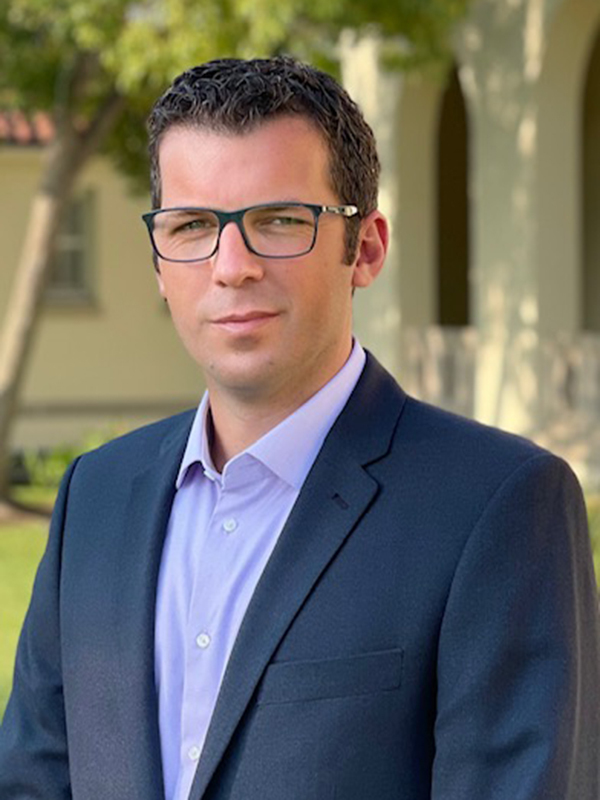
Fatos Radoniqi, Visiting Associate Professor of Economics (Finance)
Fatos Radoniqi joins the Robert Day School as a Visiting Associate Professor of Economics (Finance). His primary research interests lie at the intersection of finance and industrial organization. Most of his work has focused on mergers and acquisitions, innovation, and the dynamics of strategic competition.
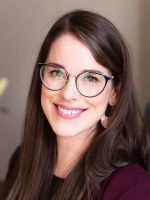
Cristina Rosetti, Visiting Assistant Professor of Religious Studies
Cristina Rosetti joins the Religious Studies Department as a Visiting Assistant Professor of Religious Studies. She specializes in the history and development of Mormon fundamentalism in the American West, non-LDS Mormons, and underrepresented Mormon traditions. Her biography of 20th century Mormon fundamentalist leader Joseph Musser is forthcoming with University of Illinois Press.
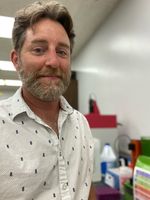
Andrew Steele, Visiting Assistant Professor of Biology
Andrew Steele joins the Keck Science Department as a Visiting Assistant Professor of Biology. Steele’s research focuses on dissecting the neural circuitry of how circadian rhythms are programmed by scheduled feeding, and how dopamine signaling to the central timekeeper in the brain (the suprachiasmatic nucleus) controls diet-induced obesity. This work is done using genetic approaches in the laboratory mouse. He enjoys training students in research and has co-authored many peer-reviewed papers with students as co-authors.

